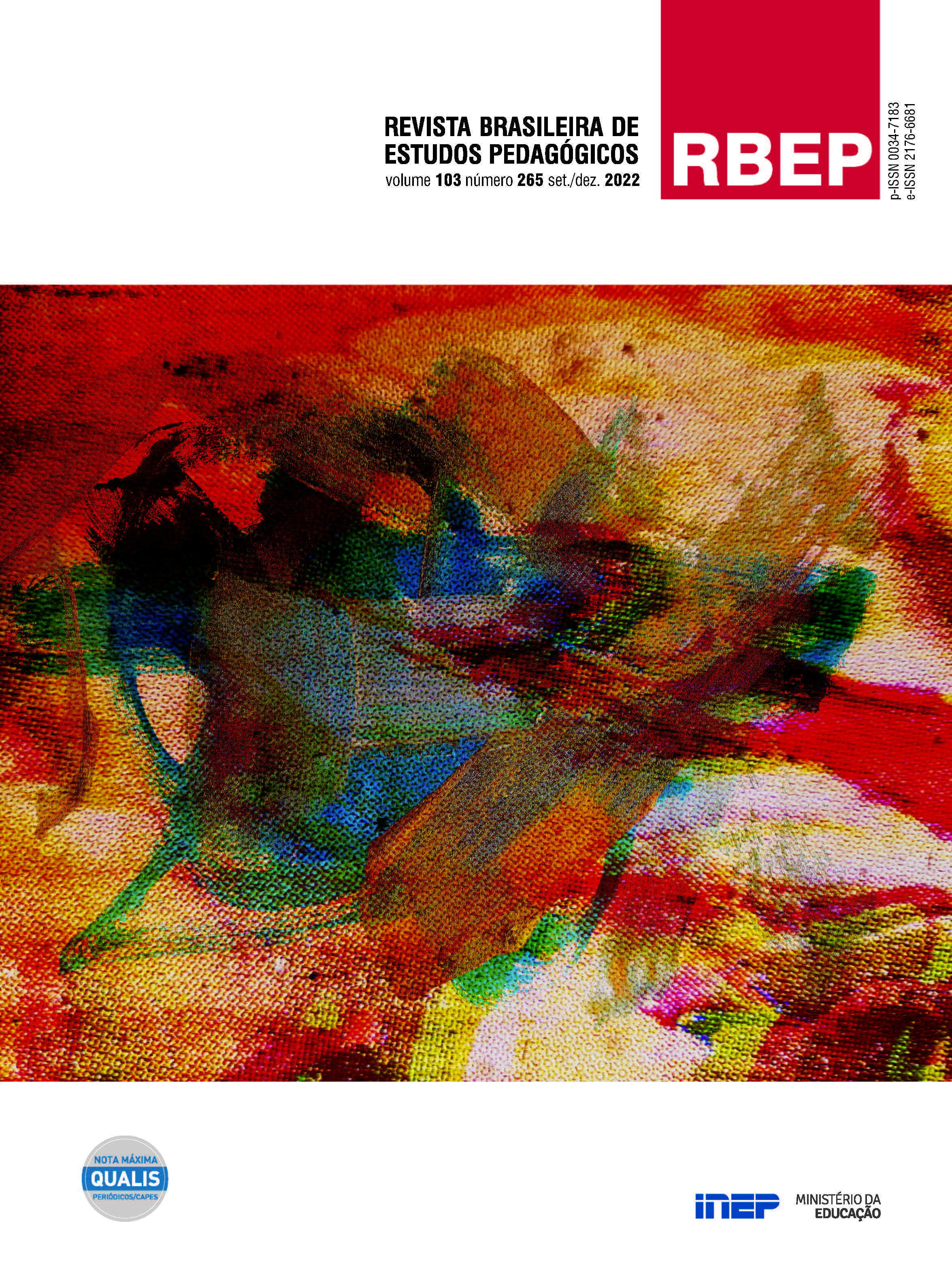Enrichment Model and identification of talent for students of the fundamental education I: an experience report from two educators
Abstract
Talent can be perceived in different people at different historical moments; its development depends on social conditions and public policies. Brazilian law acknowledges and guarantees the rights to identification and supplementation for those with high abilities or giftedness. Thus, this paper aims to report the application of the Enrichment Model and the identification of talent carried in a private school of São Paulo State, Brazil, with students at the 5th grade of elementary school. Twenty-six students, from both sexes, participated in the application, as well as two teachers: a pedagogue and a music educator. The study, the elaboration of a book and a theatrical play were developed based on The Phantom of the Opera. They followed three stages, supported by Joseph S. Renzulli’s Schoolwide Enrichment Model (Types I, II, III). The qualitative analysis was carried out and the results were descriptive. Results were successful which involved the presentation of the book built by the students and the theatrical presentation of The Phantom of the Opera to the public (school and family members), as well as the discovery of 12 students with talent indicators. It was concluded that the Schoolwide Enrichment Model can be developed, even in a closed curriculum or workbook, but teacher training, a collaborative work process, and the support of the school managers all must be maintained for its success.
Downloads
Copyright (c) 2022 Brazilian Journal of Pedagogical Studies

This work is licensed under a Creative Commons Attribution 4.0 International License.
Once their work is accepted for publication, author’s copyrights are automatically relinquished to the National Institute for Educational Studies and Research Anísio Teixeira (Inep).
Since 2016, the journal Revista Brasileira de Estudos Pedagógicos (RBEP) uses the licence CC-BY.
Partial or total reproduction of the content of this Journal is permitted provided that the original publication is properly referenced, as well as a link to license CC BY 4.0 and to indicate any possible alterations made to the article.




















